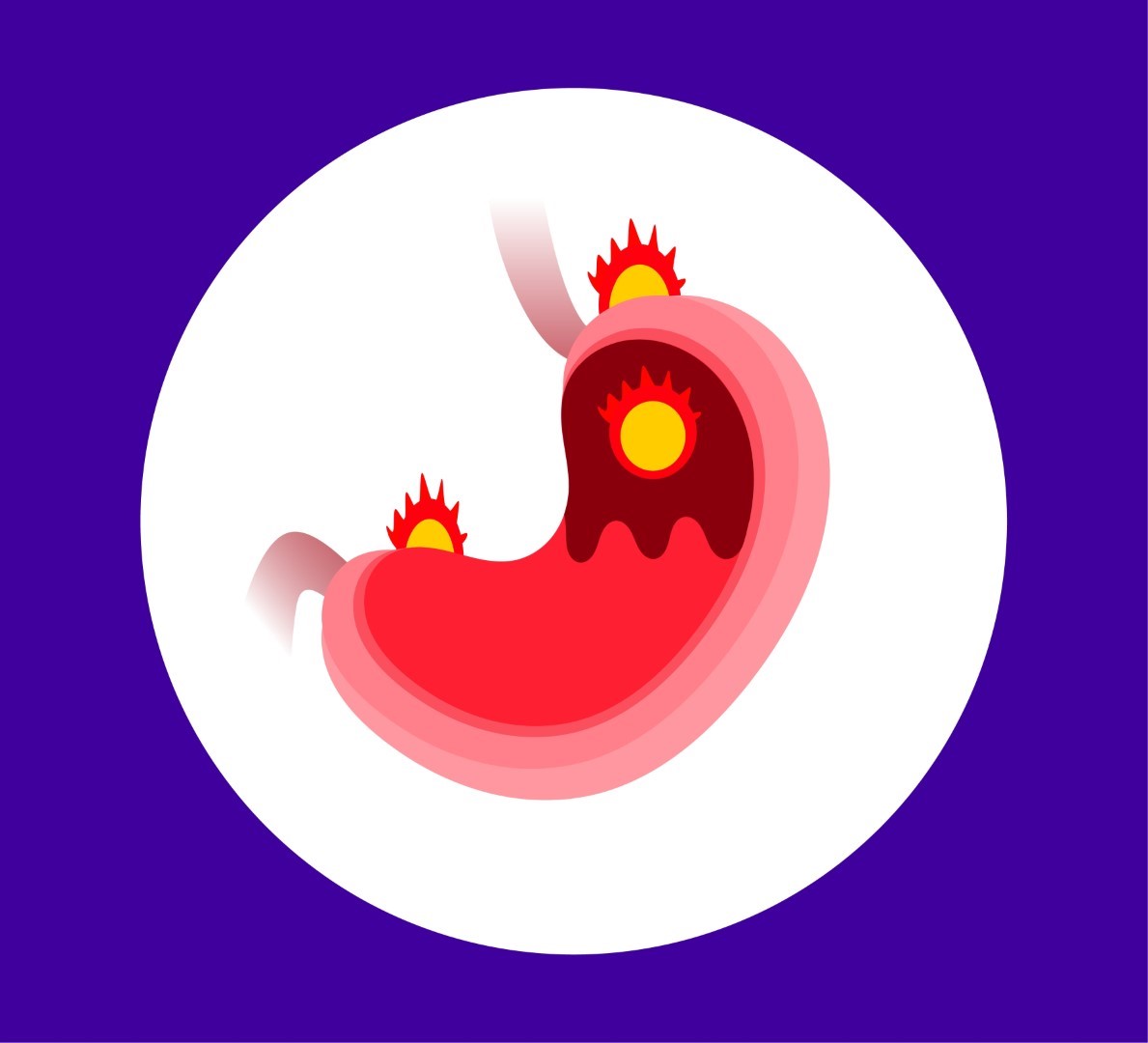

Did You Know That PPI Use Can Impact Your Bones?
Did you know that PPI use can impact your bones?
Proton pump inhibitors (PPIs) are widely prescribed medications used to treat conditions like gastroesophageal reflux disease, peptic ulcers, acid reflux, silent reflux and other acid reflux issues. While these drugs are highly effective at reducing stomach acid production, their long-term use has been linked to a significant and concerning side effect: an increased risk of osteoporosis and bone fractures.
How PPIs work
PPIs, such as omeprazole and esomeprazole, work by blocking the enzyme responsible for producing stomach acid. This reduction in acid helps to alleviate symptoms and promote healing of the stomach lining. However, stomach acid plays a crucial role in the absorption of essential nutrients, including calcium.
How do PPIs impact our bones?
Calcium is vital for maintaining strong bones. Stomach acid helps dissolve dietary calcium, making it more absorbable in the intestines. When PPIs reduce stomach acid, the absorption of calcium can be impaired, leading to lower levels of calcium in the bloodstream. Over time, this can result in weaker bones and an increased risk of fractures.
Another nutrient affected by PPI use is vitamin B12. Adequate levels of vitamin B12 are essential for bone health, as it helps with the production of bone cells. PPIs can lead to vitamin B12 deficiency, further compromising bone strength and density.
Studies have shown that long-term PPI use is associated with an increased risk of fractures, particularly in the hip, wrist and spine. The risk is higher in individuals who have been taking these medications for more than a year, especially at higher doses.
Dietary recommendations for PPI users
Getting enough protein is essential for healthy bones. A low protein diet will mean less calcium is absorbed and can also affect bone formation - 50% of bone is made from protein. There are some concerns that a high protein diet will cause an increase in calcium loss - but the evidence seems to suggest that if the protein is consumed with lots of vegetables and calcium-rich foods this doesn’t seem to happen. I tend to aim clients towards 1-1.5g of protein per kilogram of ideal body weight.
Ensure you are eating enough of the nutrients that your bones need – calcium, magnesium, vitamin D, vitamin K, zinc, vitamin C and boron. If you are unsure on these nutrients and how to get them in your diet working with a nutritional therapist can help.
Drinking 1-2 cups of nettle tea a day. Nettle leaves are a powerhouse of essential nutrients such as calcium, magnesium, vitamin K, silica and boron. Nettle tea is also known for its potent anti-inflammatory properties. Chronic inflammation can lead to bone loss and increase the risk of osteoporosis. To make nettle tea, steep 1-2 teaspoons of dried nettle leaves in hot water for about 10-15 minutes. Strain the leaves and enjoy the tea warm. You can also buy dried nettle leaves in tea bags from a good health food shop.
Eating 5 prunes a day. Prunes are rich in several nutrients that are essential for bone health, including vitamin K, boron and potassium. A study published in Osteoporosis International in 2011 found that postmenopausal women who consumed 100 grams of prunes daily for a year had higher bone mineral density compared to those who consumed dried apples. Another study from 2016, published in Osteoporosis International, reinforced these findings, showing that consuming 50-100 grams of prunes daily for six months improved bone density in postmenopausal women.
Lifestyle recommendations for PPI users
Bone is living tissue that responds to physical stress. Weight-bearing exercises, such as walking, running, jumping and resistance training apply pressure to the bones. This stress prompts bone-forming cells called osteoblasts to increase the production of new bone tissue leading to stronger and denser bones. Weight-bearing exercises not only strengthen bones but also enhance muscle strength, balance and coordination. Improved balance and coordination are crucial for preventing falls, which are a common cause of bone fractures, especially in older adults.
While PPIs are effective for managing acid-related disorders, being aware of their potential impact on bone health is crucial. By taking proactive steps, you can mitigate the risks and maintain strong, healthy bones. Always consult with your healthcare provider before making any changes to your medication or lifestyle.
Author: Katharine Bright
Check out Katherine in our Expert List
https://digestionwithconfidence.co.uk/experts/katharine-bright
Studies
Hooshmand, S., et al. (2016). Comparative effects of dried plum and dried apple on bone in postmenopausal women. Osteoporosis International, 27(9), 2959-2966.
Franklin, M., et al. (2006). Effects of dried plum (prune) consumption on bone density and bone biomarkers in postmenopausal women. Osteoporosis International, 17(8), 1343-1352.
